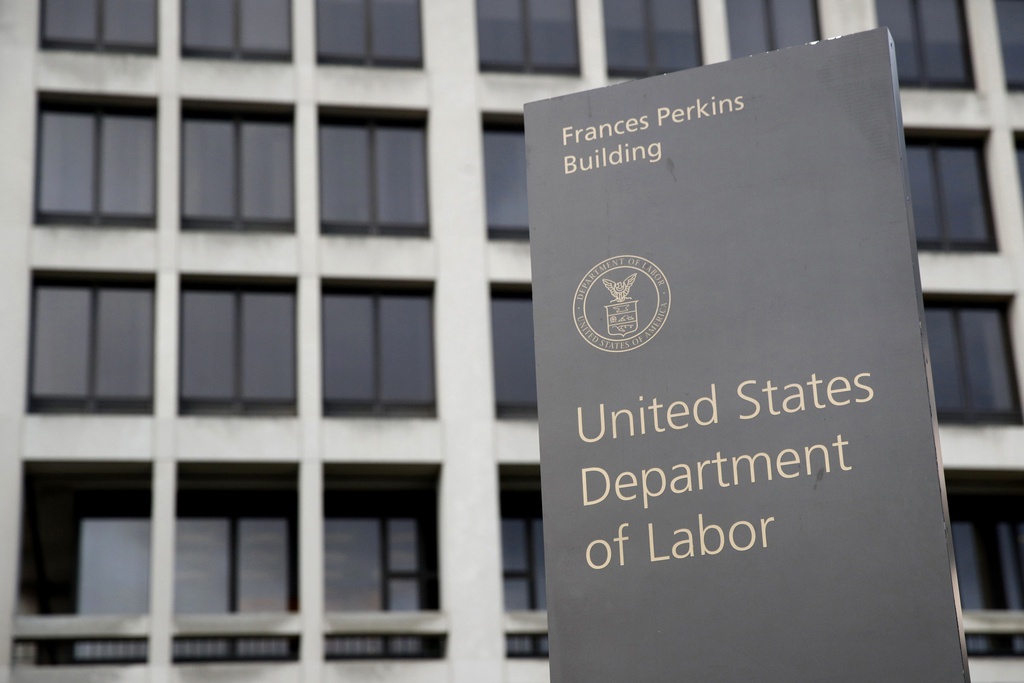Spotlight
Finance
Technology
This year Norway is the partner country of the German Hannover Messe, the most important…
Join our mailing list
Get the latest finance, business, and tech news and updates directly to your inbox.
Top Stories
Total Net Revenue: $1.16 billion, second highest in company history.Global Wealth Management Revenue: Record $791…
A handful of American finance and tech tycoons are gearing up for multi-billion bids to…
Patrick Semansky / AP A sign stands outside the U.S. Department of Labor’s headquarters, May…
Ridofranz / Getty Images/iStockphotoUpping your financial knowledge game this year is something that will bring…
Topline Food recalls in 2023 reached the highest levels the U.S. has recorded since the…
Following the reveal last November, we now know that the first Robot Damashii toy for…
Denver residents looking for a local financial advisor will find plenty of options — there…
Although I firmly believe AI is a hugely transformative technology that will change the world…
The number of people dying from asthma in the U.K. is rising, with hundreds “needlessly”…
Boeing said Wednesday that it lost $355 million on falling revenue in the first quarter,…
SANTA BARBARA, Calif., April 24, 2024 /PRNewswire/ — Mission Wealth, a leading provider of personalized financial…
Walgreens is launching Walgreens Specialty Pharmacy, a $24 billion business that integrates new gene and…















![Retirement confidence in the US ticks up; new rule for financial advisers is set to start [Video]](https://s.yimg.com/ny/api/res/1.2/T0O2vD4KCY4ZgvC4hT393A--/YXBwaWQ9aGlnaGxhbmRlcjt3PTEyMDA7aD04MDA-/https://media.zenfs.com/en/aol_yahoo_finance_433/b015d2fb47b231a750ff80e468cce764)

























